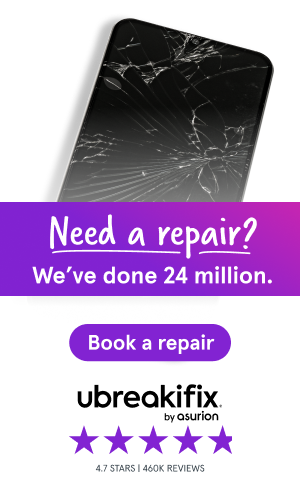- Joined
- Sep 3, 2014
- Messages
- 1,450
- Solutions
- 4
- Reaction score
- 789
I have some clients who are very responsive to GMB message or "chat" requests, and others who are not. Is responsiveness to GMB messaging requests a ranking factor in local search results?




